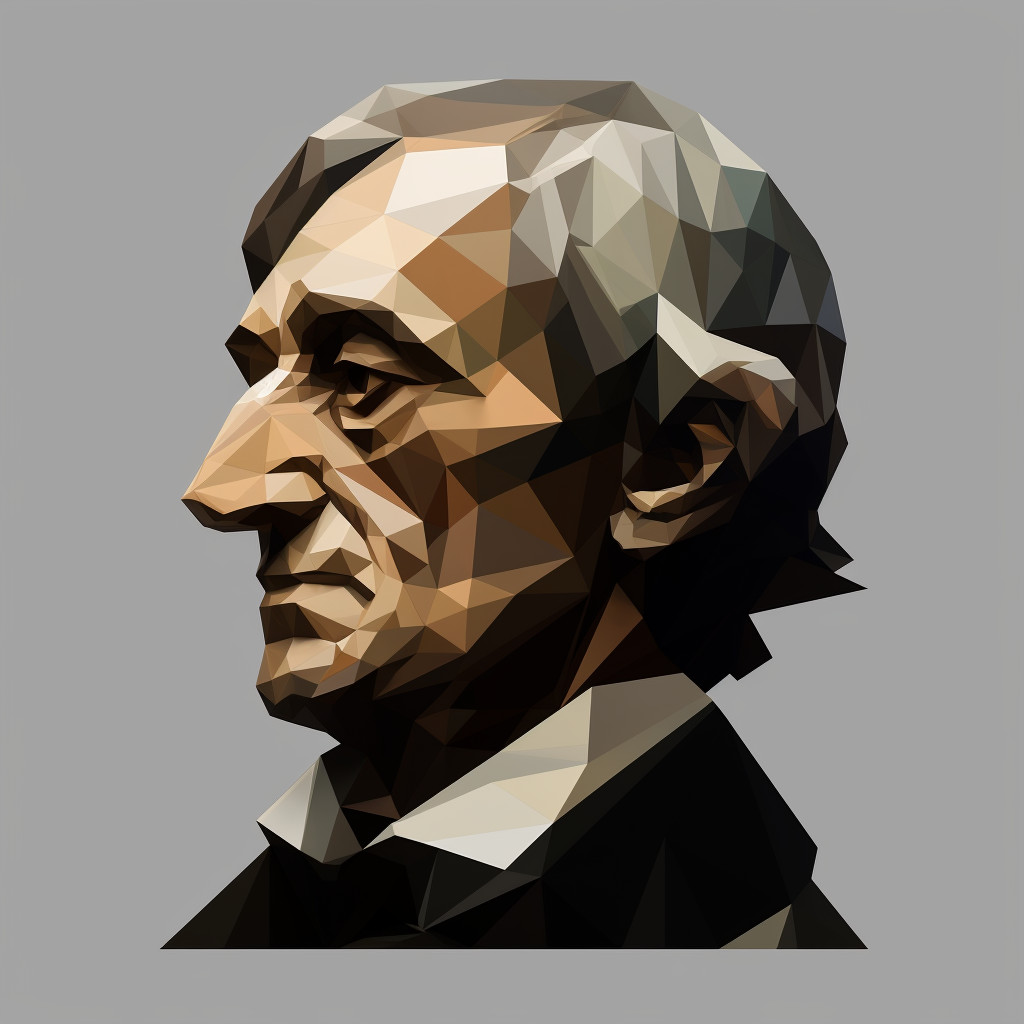The quote “Action is the process whereby what is not fully formed passes into expressive consciousness” essentially suggests that through the act of doing, we bring our vague, unformed ideas, thoughts, and feelings into a more concrete, tangible reality. It’s through action that our internal world becomes expressed and understood in the external world.
Consider the process of creating a piece of art. Initially, the artist may have a nebulous idea or emotion they want to convey. It’s only through the act of painting, sculpting, or drawing that this internal, abstract concept becomes a concrete, expressive piece of art that others can perceive and interpret.
This concept can be applied in various aspects of today’s world and personal development. In the realm of personal growth, this quote suggests that to truly understand our feelings, thoughts, or desires, we need to act upon them. For instance, if you have an ambition to write a book, the idea and plot might be vague in your mind. However, once you start writing, the story begins to take shape, characters get their identities, and the plot gains depth and complexity. The act of writing brings clarity and expression to your initial abstract idea.
In a broader societal context, this can be applied to social issues. For example, many people can harbor a desire for social change, but it’s only through action – protests, advocacy, policy-making – that these desires become tangible changes in society.
In the world of business, corporations often have abstract goals or visions. However, these only become concrete through action – developing products, launching marketing campaigns, or implementing new strategies.
In essence, action serves as a bridge between the internal world of thoughts and emotions and the external world of expression and understanding. It’s through action that we give form and voice to our inner consciousness.








